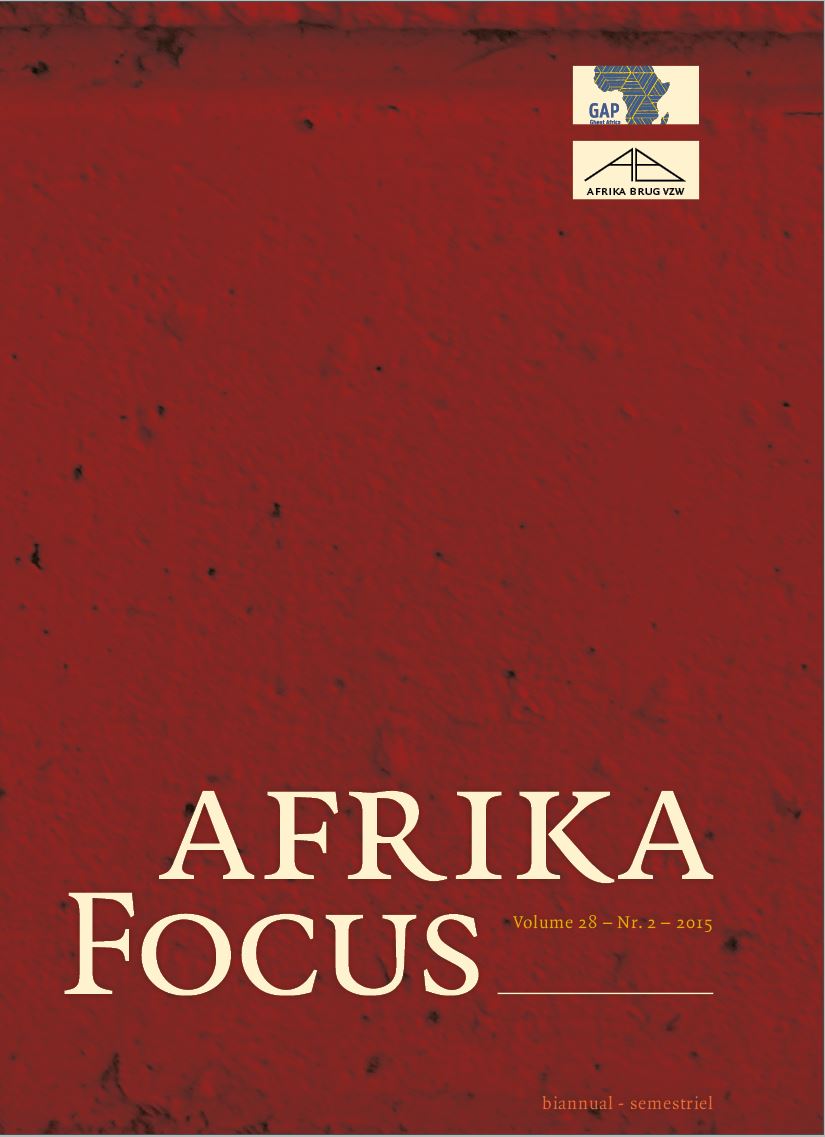Sustainable groundwater management in Lagos, Nigeria: the regulatory framework
DOI:
https://doi.org/10.21825/af.v28i2.4873Abstract
This doctoral research focuses on groundwater degradation in Lagos, Nigeria. Groundwater is a fundamental natural resource in Lagos that is presently troubled by pollution emanating from solid waste and wastewater. The city generates 10,000 metric tons of waste and 350 million gallons of wastewater daily, all of which are improperly managed and are heavily polluting its groundwater. This direct environmental pollution is aggravated by indirect problems of over-urbanization, and legal and institutional shortcomings. Over-urbanization in Lagos has resulted into a monumental population of 21 million people in the tiny city, which generates the enormous quantities of solid waste and wastewater. The population places a tremendous burden on the city’s water resources, forcing residents to revert to groundwater which is suffering the plight of pollution, and hence the concern of this research. The pollution problem is worsened by civic apathy to environmental matters, and unresolved by a nascent water sector whose evolving governance structures do not adequately address the multi-dimensional pollution problem. In the final analysis, the absence of holistic and comprehensive groundwater legislation that addresses all these problems challenges the sustainability of this vital resource. The research study contributes to knowledge by attempting to provide broad and holistic recommendations for law reform which address the pollution, management of the effects of over-urbanization and overpopulation on groundwater, and the strengthening of institutions to achieve a sustainable groundwater resource. Key words: groundwater, solid waste, wastewater, urbanization, pollutionDownloads
Published
How to Cite
Issue
Section
License
Authors who publish with this journal agree to the following terms
Authors retain copyright and grant the journal right of first publication with the work simultaneously licensed under a Creative Commons Attribution License that allows others to share the work with an acknowledgement of the work's authorship and initial publication in this journal.
Authors are able to enter into separate, additional contractual arrangements for the non-exclusive distribution of the journal's published version of the work (e.g., post it to an institutional repository or publish it in a book), with an acknowledgement of its initial publication in this journal.
Authors are permitted and encouraged to post their work online (e.g., in institutional repositories or on their website) prior to and during the submission process, as it can lead to productive exchanges, as well as earlier and greater citation of published work (See The Effect of Open Access).


